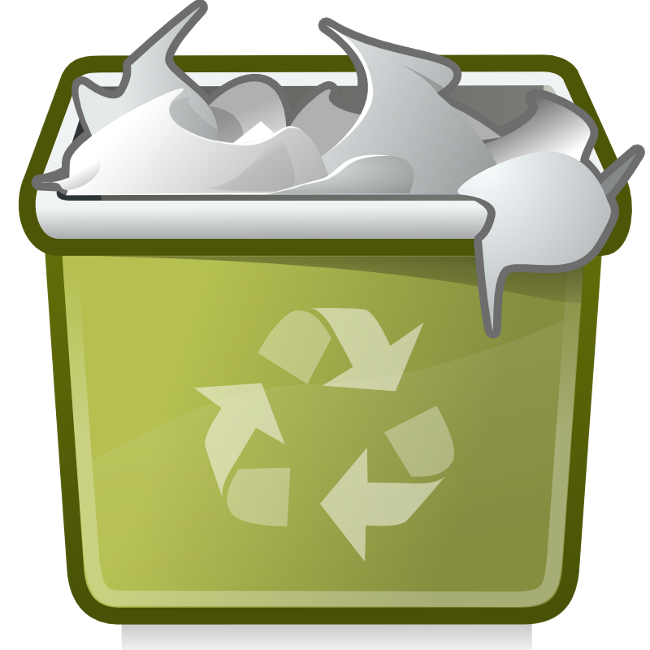
Did You Know that Disposable Nappies are Harming the Environment?
Before being potty trained, the majority of children are wearing disposable nappies because they are more convenient for their parents. They are easy to put on and off, and when dirty, they are simply thrown away. However, disposable nappies are becoming a major environmental concern.
Disposable Nappies Consume a Lot of Resources and Energy
Disposable nappies are made from different materials, both natural and man-made. Since an average child uses at least 4,000 nappies before being potty trained, they must be made in huge quantities which takes a major toll on the environment. Tens of thousands of trees are cut down just to meet the demand in the UK. Also, much more water, energy and various raw materials are needed than to make real (cloth) nappies.
Soil, Water and Air Pollution
About one third of all municipal solid waste consists of disposable nappies - they lack behind only paper and bottles. In households with a child who wears nappies, they account for up to one half of all waste produced. Disposable nappies are supposed to break down if exposed to air and sunlight but they need hundreds of years to decompose in landfills. And while decomposing, the chemicals and baby feces are leaching into the ground and posing a risk of groundwater contamination. Also, landfills produce greenhouse gases which in turn are warming up the atmosphere and contributing to global climate change.
Disposable Nappies Contain All Sorts of Chemicals
In addition to harming the environment, the many chemicals that are found in disposable nappies have also been shown to increase the risk of various health problems in humans. Babies with sensitive skin can develop an allergic reaction or rash. What is even more concerning is that most disposable nappies contain a chemical called dioxin which is very toxic. In addition, scientific research has shown that it is even carcinogenic which means that it can cause cancer.
Eco-Friendly Disposable Nappies Not as Eco-Friendly
It is also possible to find eco-friendly disposable nappies which, like their name suggests, are supposed to be more environmentally-friendly. Unfortunately, they are not as eco-friendly as being promised to be. They have been shown not to break down easily in landfills. And since waste is piled up and squeezed together to take as little space as possible, they decompose in anaerobic or oxygen-low environment. As a result, they are releasing large amounts of greenhouse gases which warm up the Earth’s atmosphere.